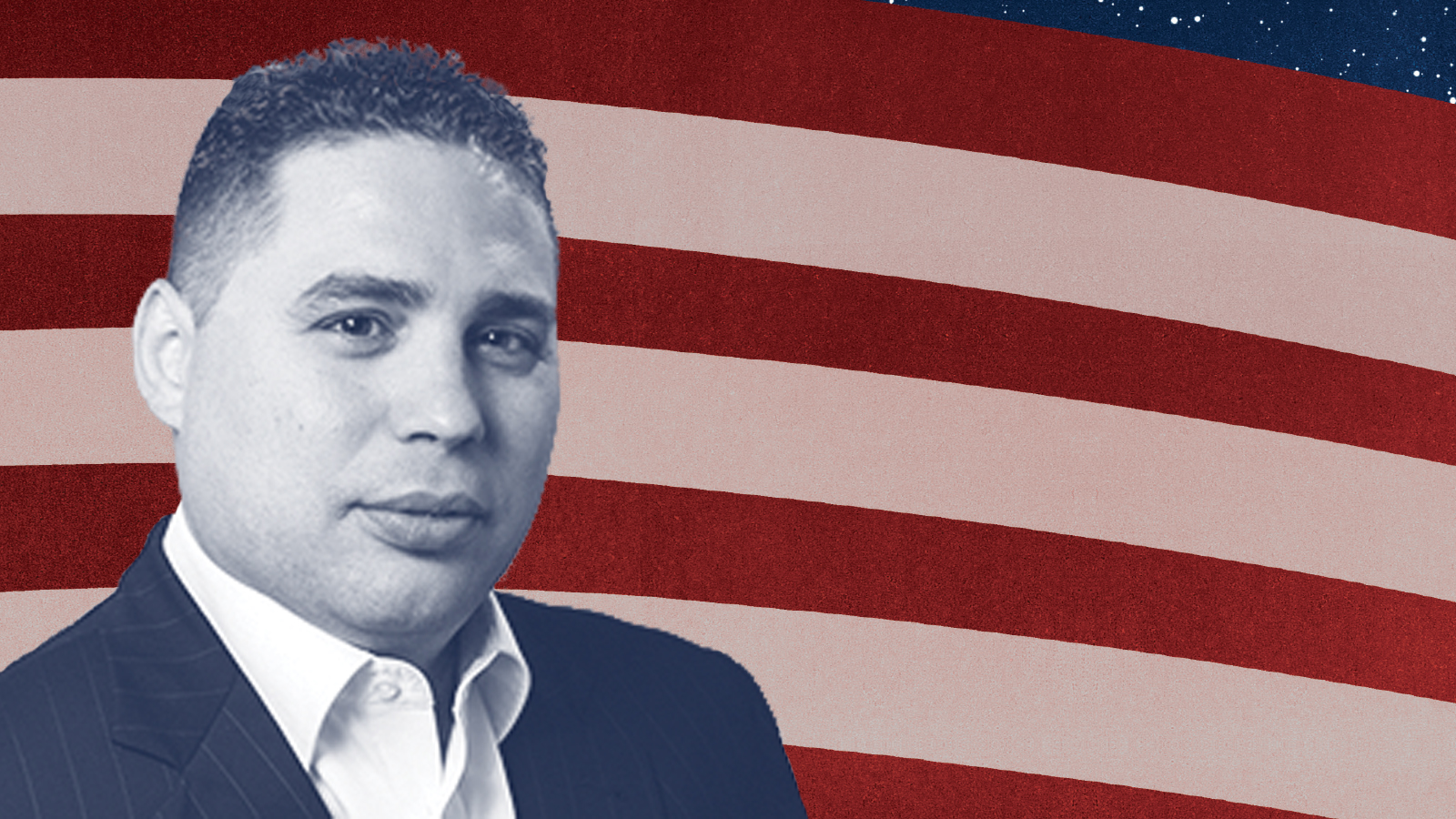This article is a response to CT’s November 2015 cover story, “The Power of Our Weakness.”
"There remains an experience of incomparable value. We have for once learnt to see the great events of world history from below."
This quote, from Dietrich Bonhoeffer’s essay “After Ten Years,” could describe many evangelicals after the Supreme Court’s Obergefell v. Hodges ruling. Losing cultural influence is a necessary corrective to conflating Christian witness with political and cultural dominance. Christian witness is never a guarantee of success.
But there is something missing in many descriptions of this “from below” moment. Evangelical Christians are not, and have never been, a monolith. Sweeping statements about past dominance and present dislocation show that, for many, evangelicals of color remain Ralph Ellison’s “invisible man.”
Many Hispanic, Asian, and African American evangelicals are not having a “Chicken Little” moment. Our sky is not falling, because we have lived under fallen skies for years. Conservative Christians have been disproportionately affected by racism, immigration, poverty, and denial of voting rights (to name a few issues) for decades and centuries. Why did lack of progress on these issues not arouse similar concerns long ago?
Author and activist Lisa Sharon Harper put the point vividly to me: “None of church historian David Bebbington’s markers of evangelicalism are racial. While it is true that white males have enjoyed the fruit of sinfully partial US law and cultural dominance since our nation’s founding, the same is not true for all evangelicals.”
For us, being on the periphery is neither new nor frightening. Indeed, we have experienced a double exile, in the larger culture and within US evangelicalism.
“Latino evangelicals in the United States have always been disenfranchised,” Luis Cortés, founder and president of Esperanza, told me. “We have never been part of the cultural, economic, and religious evangelical mainstream. Nevertheless, Hispanics will continue to develop and fulfill Christ’s mandate to bear fruit and provide a faithful witness.”
Perhaps this moment of cultural disenfranchisement can be a gift for all evangelicals. Not only does it better reflect the experience of the early church and many Christians worldwide, it can also create an opportunity to collaborate and learn from evangelicals of color.
I appreciate the appeal of Gerson and Wehner’s Wilberforce Option. I certainly agree that it is better than angry combativeness or disillusioned withdrawal. Still, the Wilberforce Option reflects US evangelicalism’s continued love affair with cultural dominance. While many of his positions were unpopular, William Wilberforce accomplished much of his work from a place of great privilege. To be clear, this is a legitimate Christian form of public engagement. But I fear many evangelicals remain enamored with the pursuit of power as the primary resource for cultural engagement.
There is another option, named after another transformational Christian leader who did not arise from privilege and position: the Dr. King Option. Martin Luther King Jr.’s commitment to nonviolent advocacy, coupled with service, won the hearts and minds of many Americans. King’s public and civil advocacy, coupled with a willingness to serve the most vulnerable, brought genuine transformation. Though he did not possess all the markers of power, he brought doctoral-level training and broad cultural experience to his philosophical personalism and commitment to the dignity of all people.
Any theory of evangelical public engagement has much to learn from King, America’s most effective prophet. He was part of a grassroots movement that included people of every race—intellectuals, actors, lawyers, artists, college students, mothers and fathers. The movement’s power was not in its social location but rather in its gospel commitment to truth, love, and service.
The Dr. King Option is neither passive nor power-hungry; it seeks to transform and heal culture while maintaining its own soul. If evangelicals of all cultures can learn from this black preacher from Georgia, our Christian witness and cultural engagement could inspire a new generation.
Gabriel Salguero is president of the National Latino Evangelical Coalition. He and his wife co-pastor The Lamb’s Church, which worships in English, Spanish, and Mandarin.










